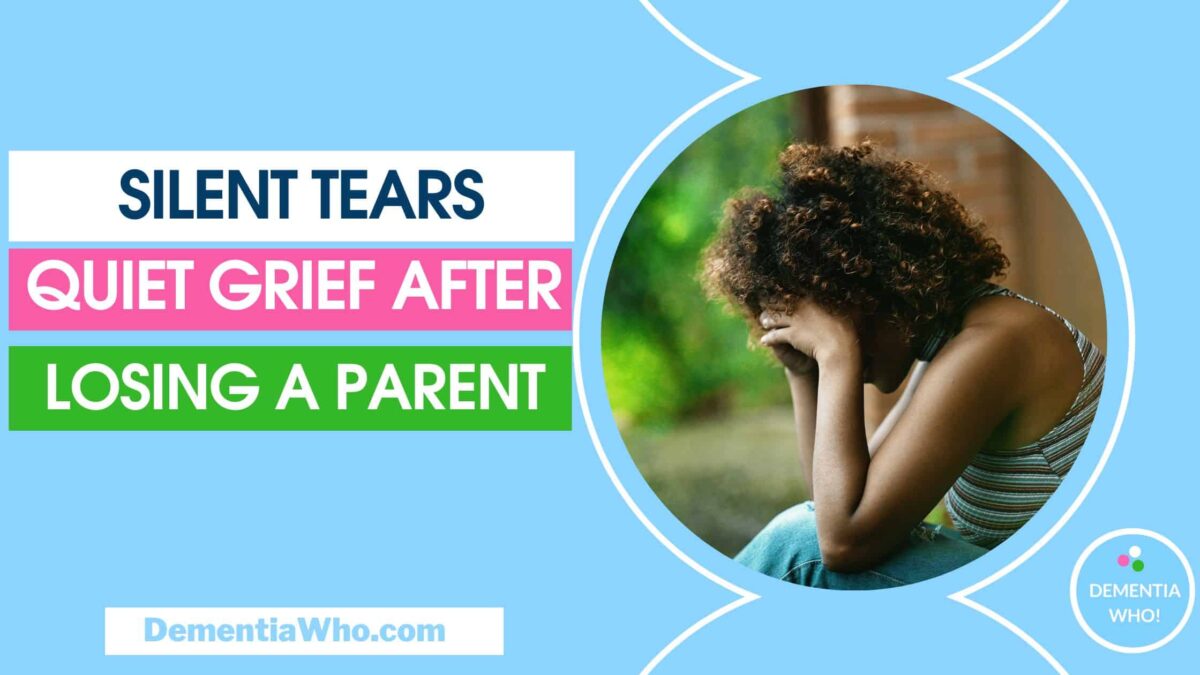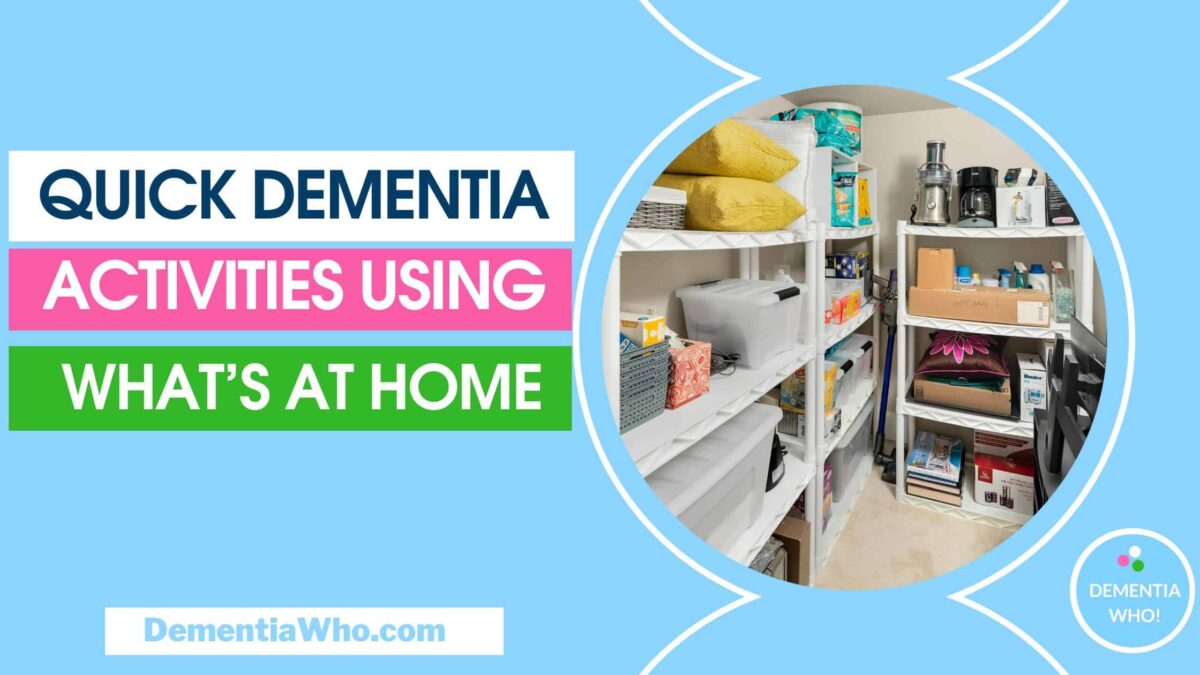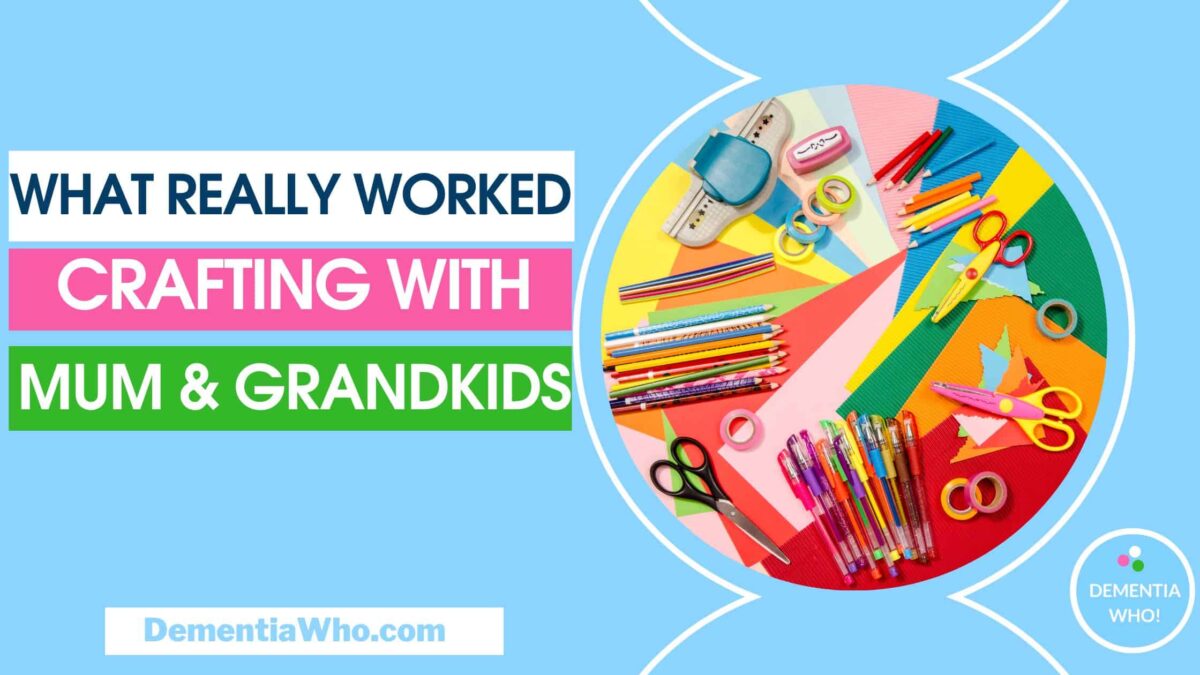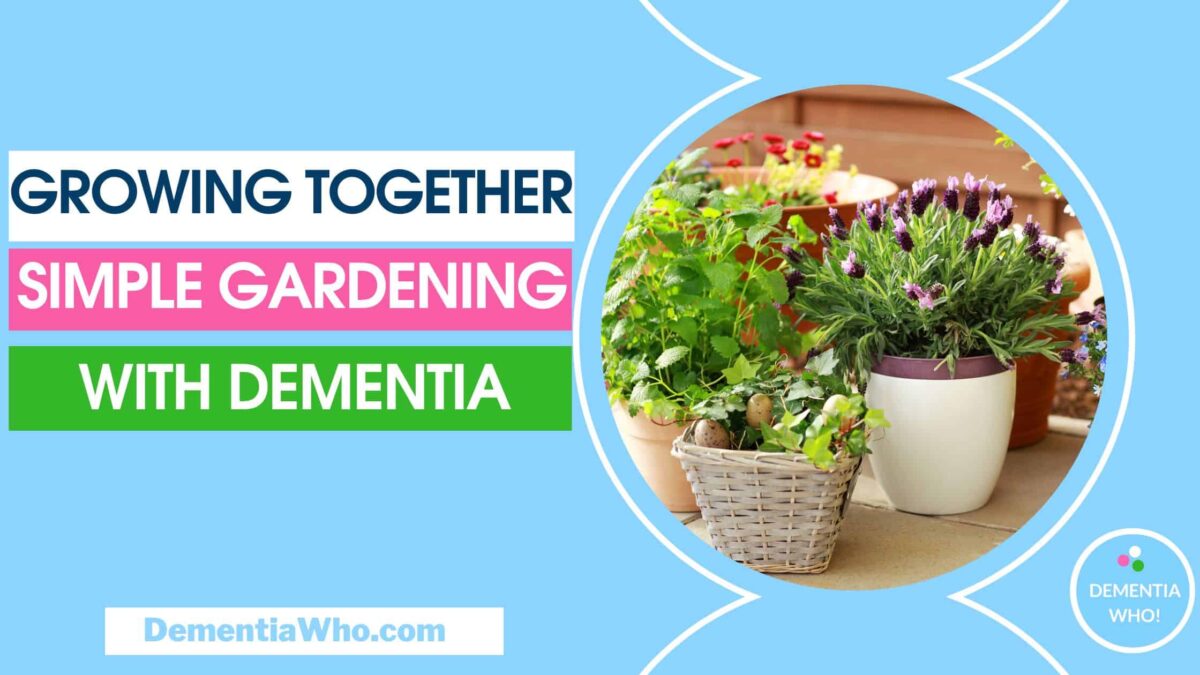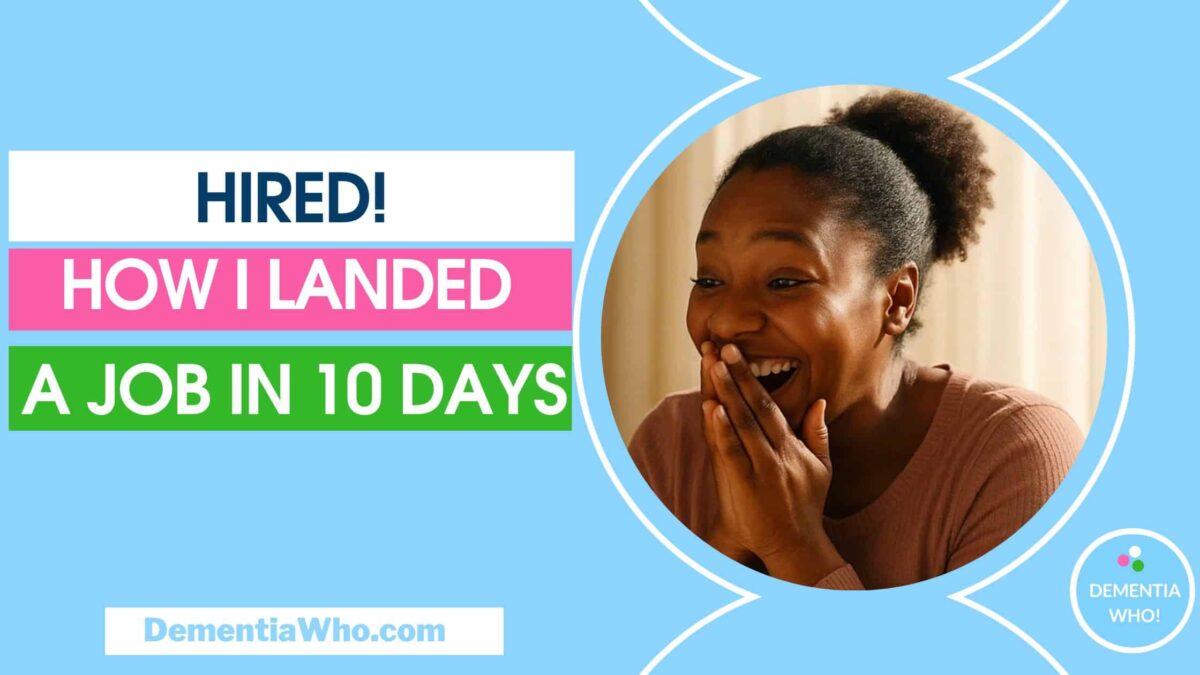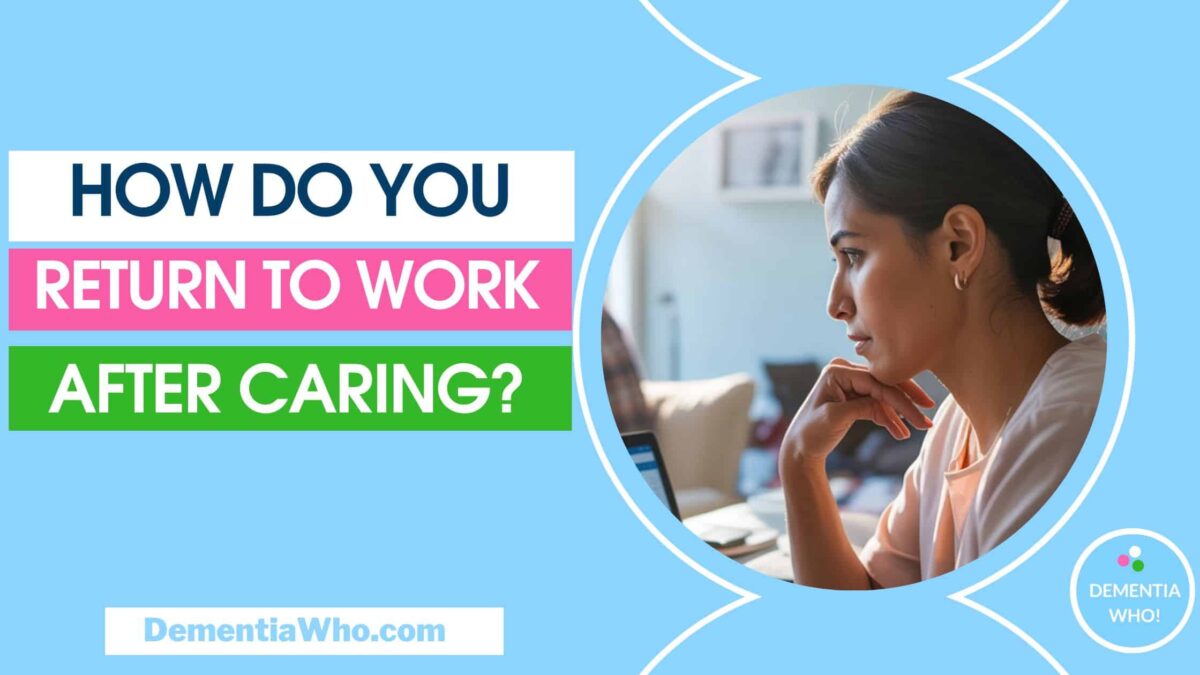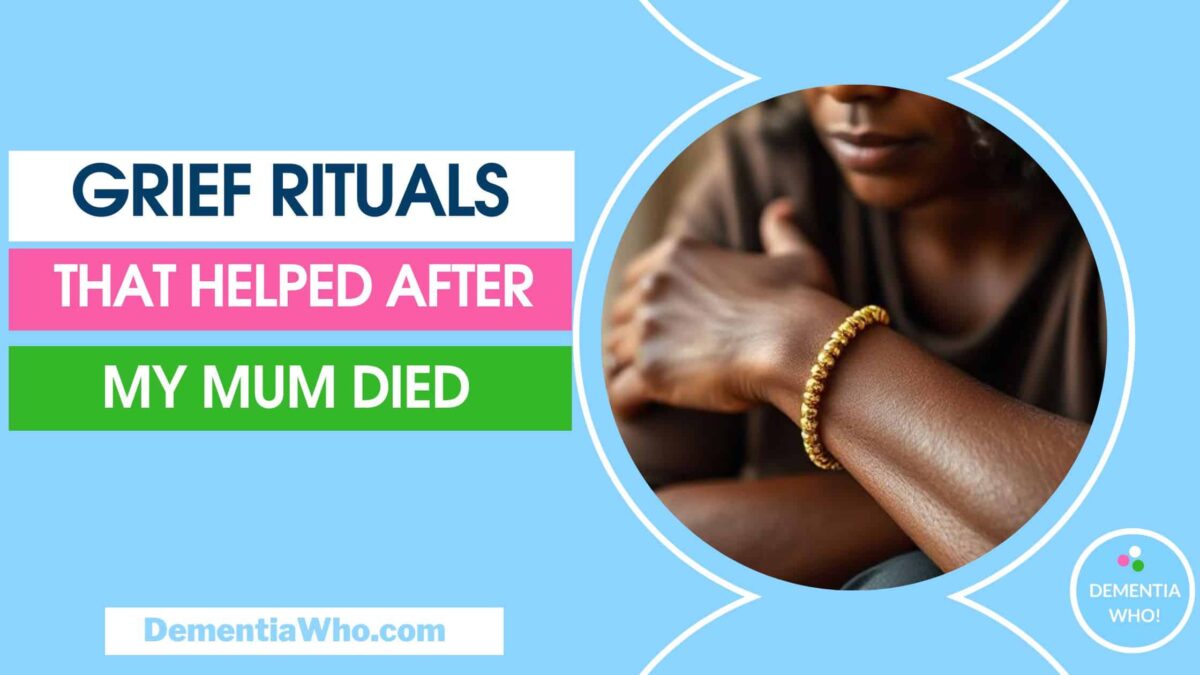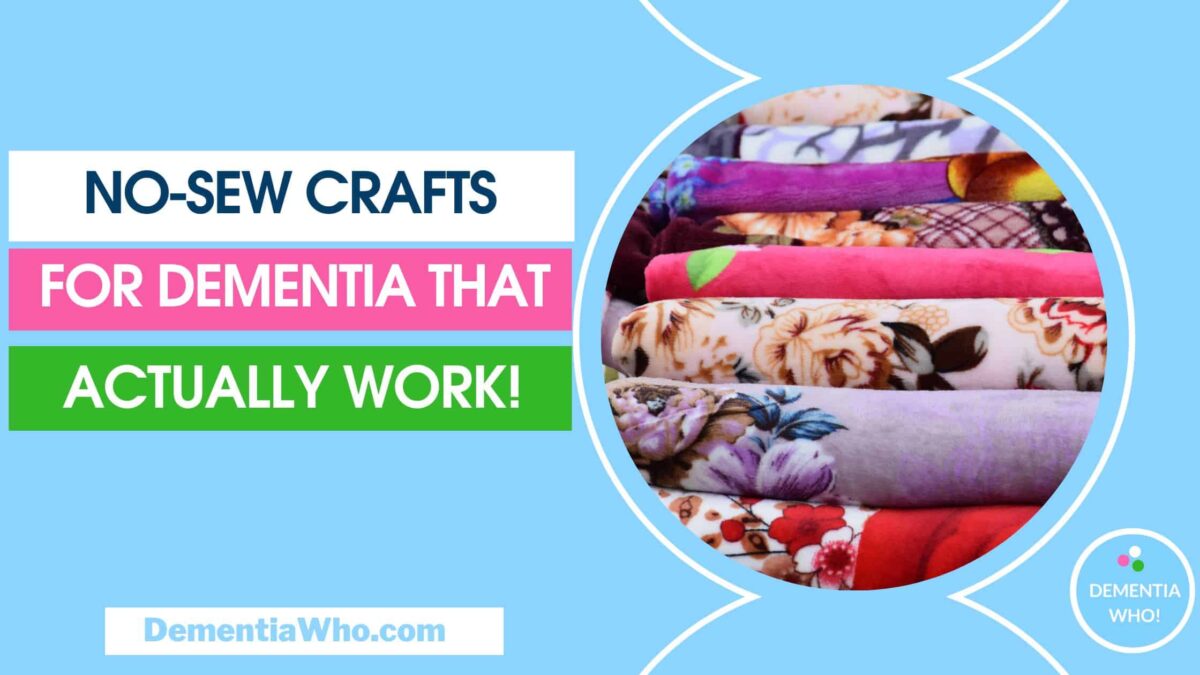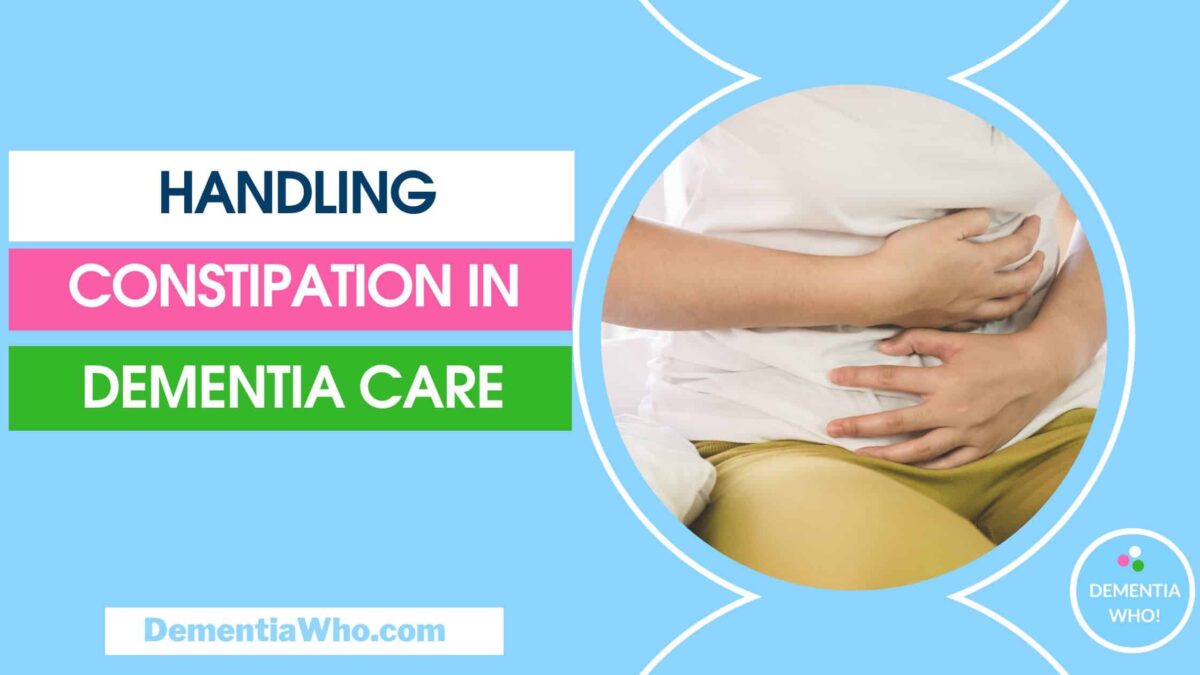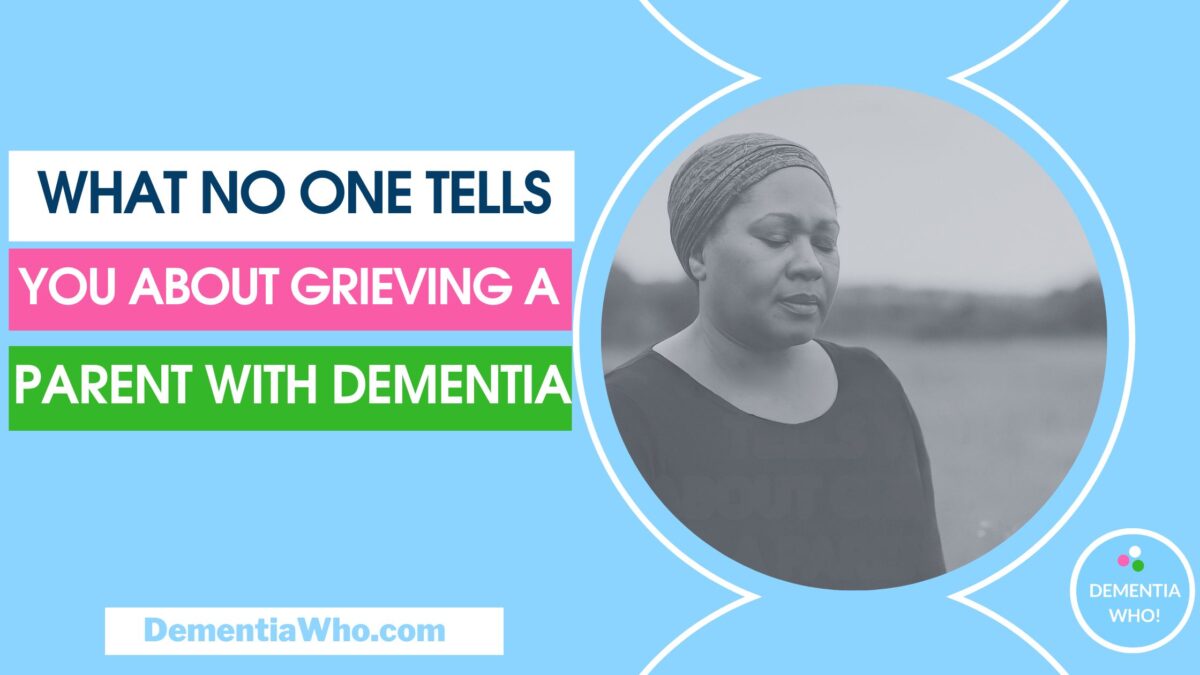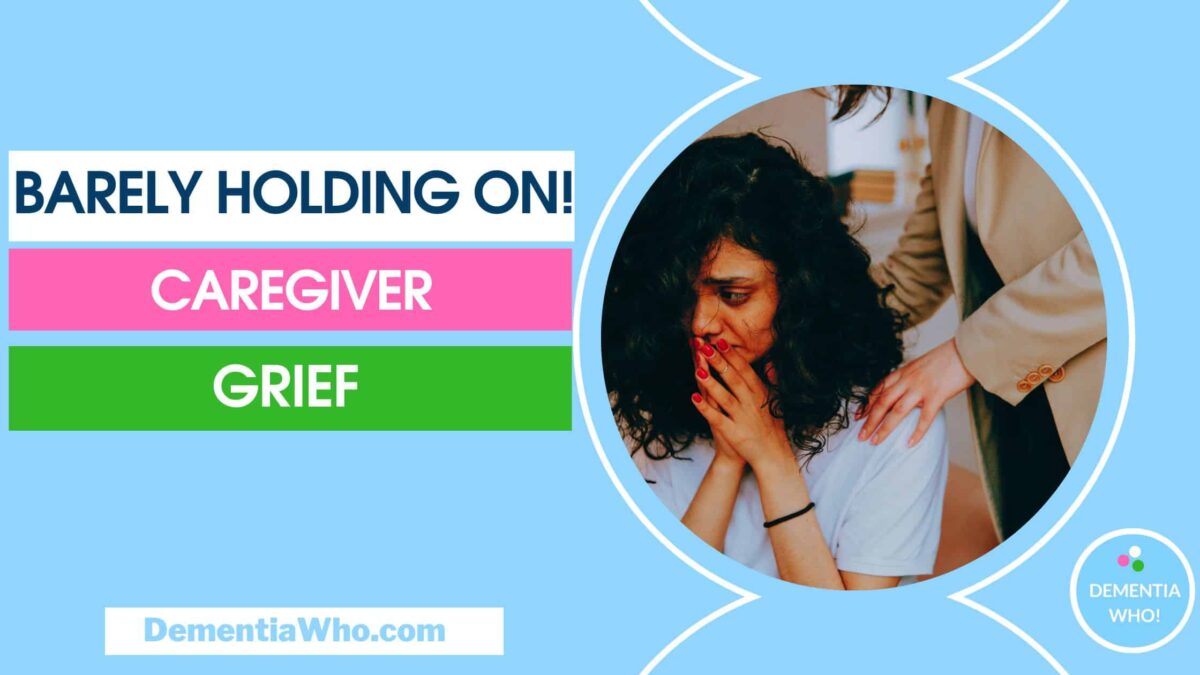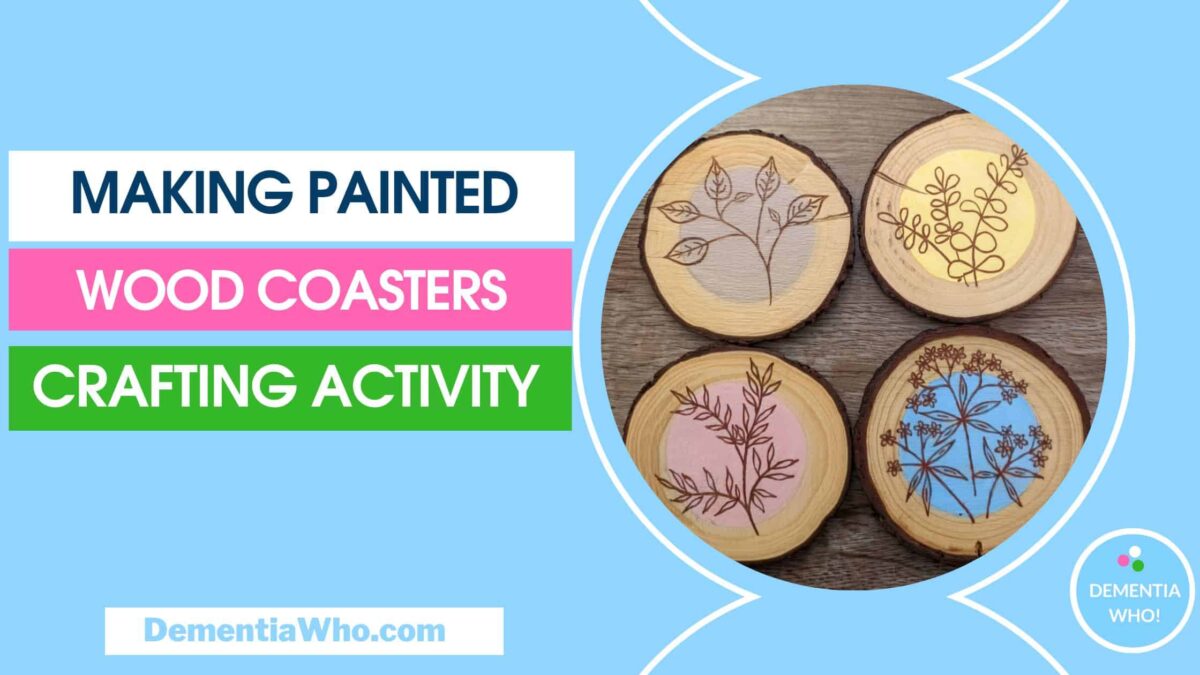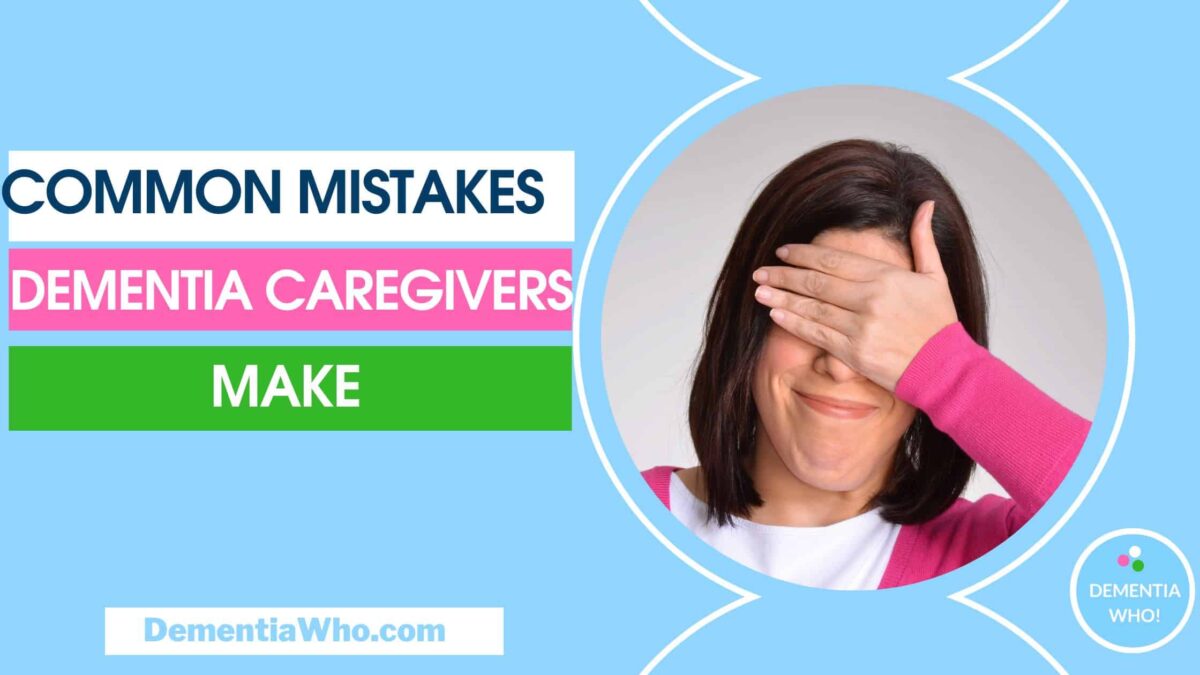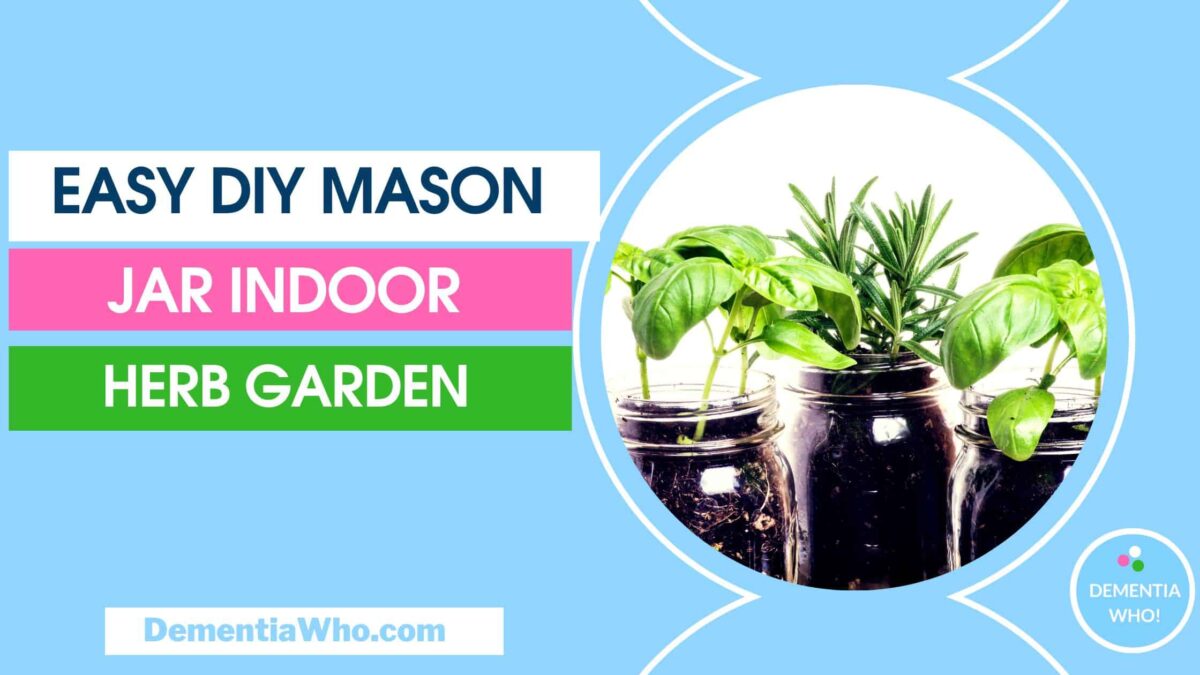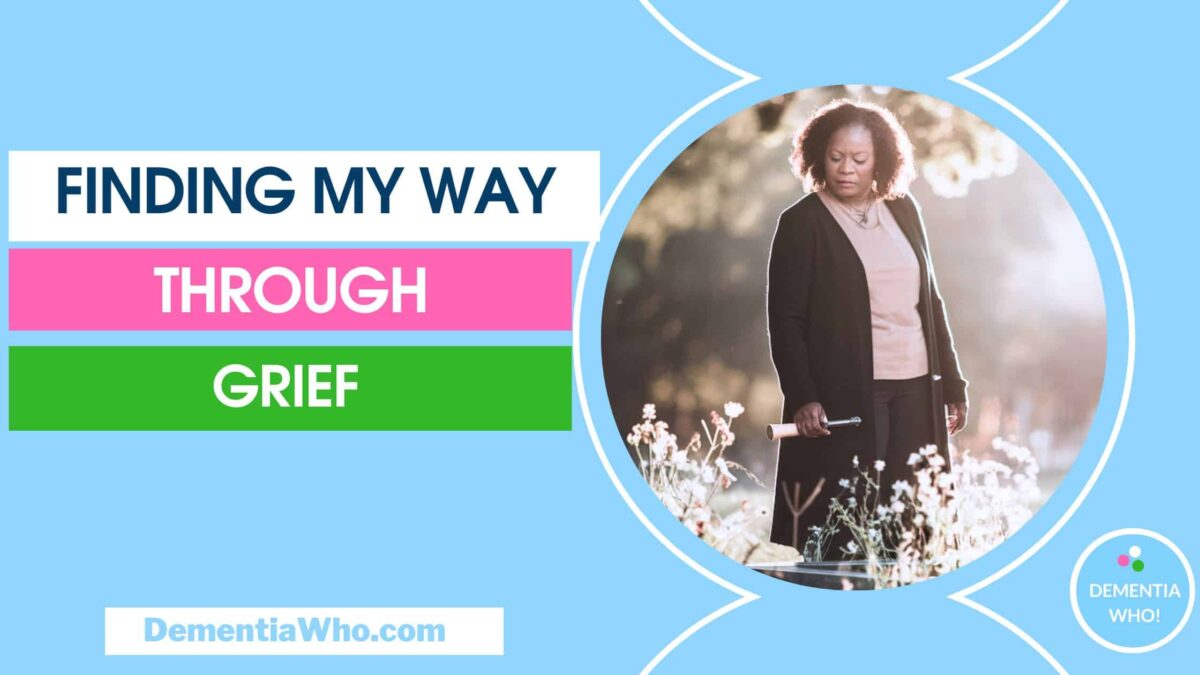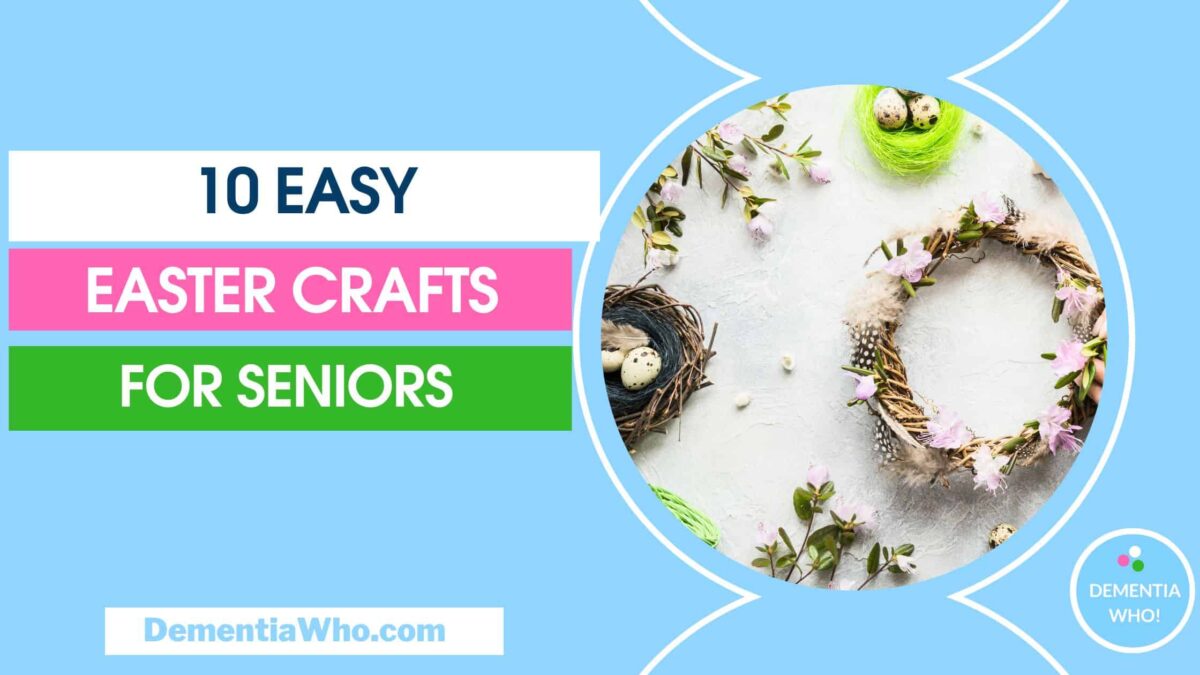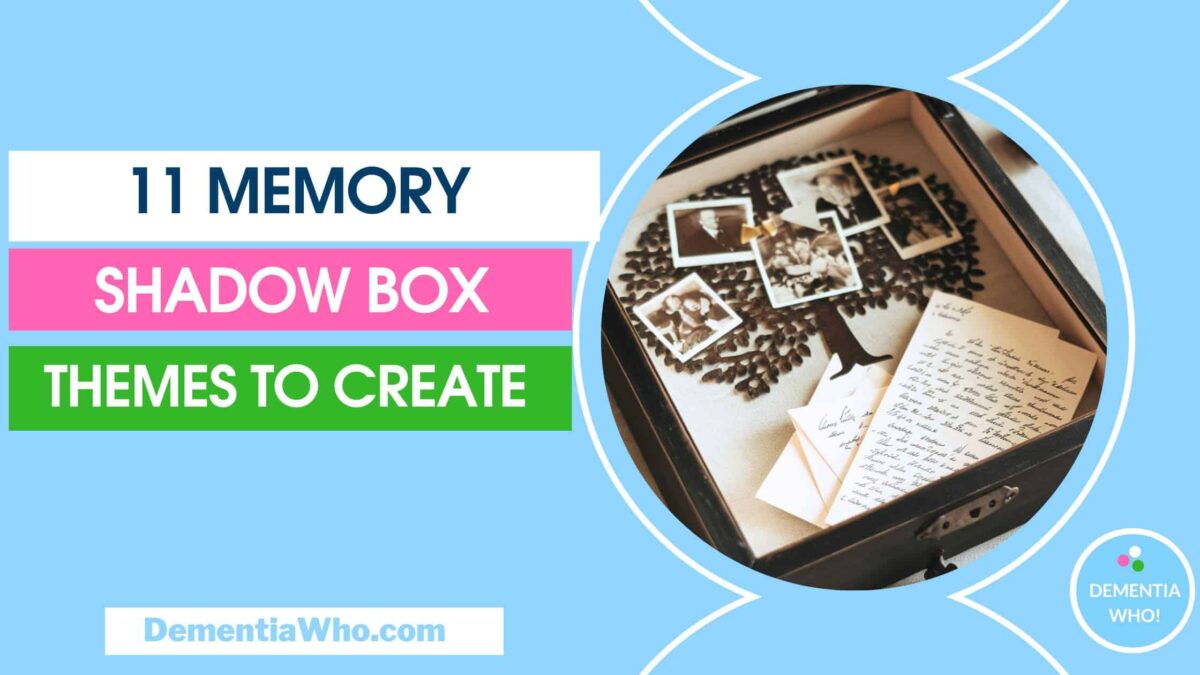Living with pain whilst caregiving is incredibly hard to deal with. Physical pain hangs around you, makes you tired, depressed, feeling miserable, more tetchy, and easily frustrated. Not a good combination for any dementia caregiver when you need patience and understanding.
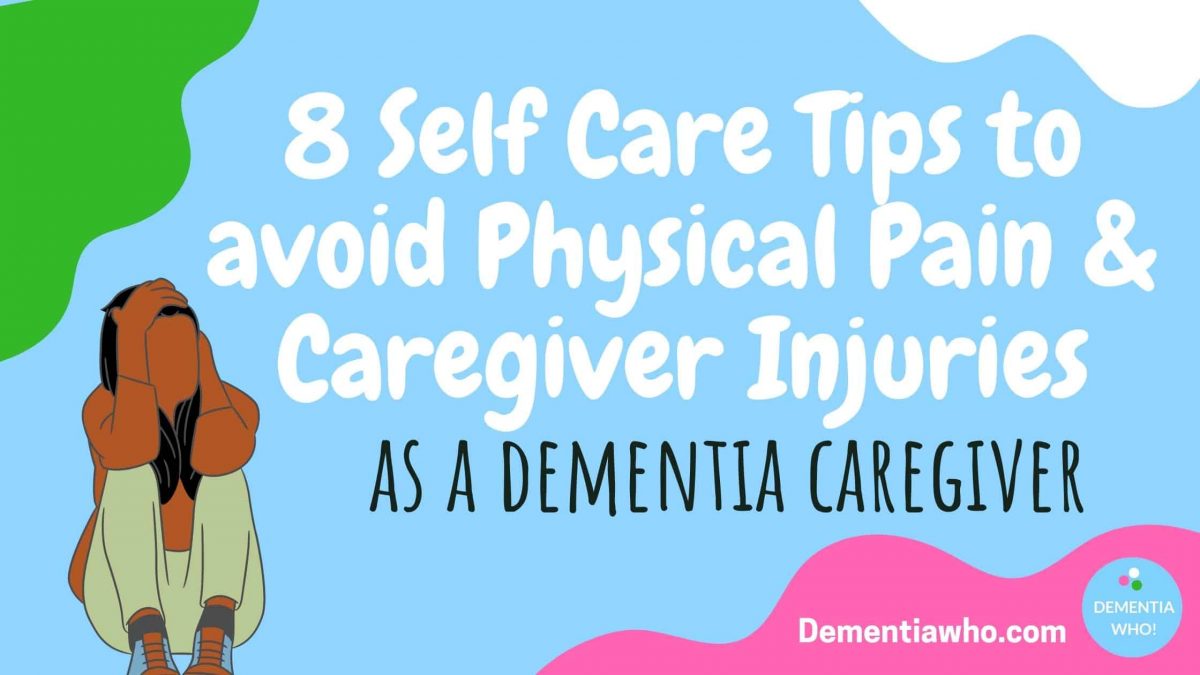
If you like this blog, why not consider subscribing?
The Physical Side Effects of Caregiving
I know there are a lot of dementia caregivers out there who will understand and are probably going through the same thing. Right now, I’m hurt, in pain with my arms, shoulders and with every caregiver’s burden – lower back pain. I can’t sleep. The pain becomes acute at night, especially in my shoulder. I’ve had back pain for months, just moving in bed brings tears to my eyes. You can read more about ‘How caregiving can affect your physical health’ here
8 Dementia Caregiver Self Care Tips to avoid Pain & Injuries
I rarely think of myself when caring for my mum, and I’m guilty of ignoring my health. But when you ignore your own health for long enough, it eventually catches up with you. We’ll see the implications of that neglect later in life.
Sadly, I know that I’m not alone in thinking this way, in putting our loved ones first. I’m sure that many caregivers experience that and get hit by the side effect of caring – physical pain. So here are 8 self-care tips that could help caregiver injuries.
| 8 Dementia Caregiver Self Care Tips to avoid Pain & Injuries | |
| S | Sleep -try to improve your sleep to help your body repair & recharge – Tips to improve your sleep-Mind |
| E | Exercise to make your body stronger and strengthen your core – Exercise – NHS (www.nhs.uk) |
| F | Fall prevention is key for yourself and your loved ones, good lightning, clearing clutter etc Falls – Prevention – NHS (www.nhs.uk) |
| L | Learn lifting techniques – Lifting Techniques for Home Caregivers – OrthoInfo – AAOS |
| C | Care assessment for yourself and your loved one – talk to other carers, educate yourself and fight for the support you’re entitled to |
| A | Ask for help but also really know your limits. Don’t push yourself past that point, now is the time to call for that help! |
| R | Rehab, Respite – your body needs time to heal, change your behaviour/physical positioning & if you can take some respite to heal |
| E | Equip the home with adaptions – grab rails, toilet seat risers, hoists, hospital beds & learn how to use safely through proper training |
Caregiving without Support?
I know their caregivers who do this alone without support. Disabled caregivers, young caregivers, or even elderly caregivers are in pain from having to lift, move, support or transfer someone on their own. This isn’t right. I see examples of elderly carers at breaking point trying to look after their loved ones while battling chronic conditions themselves.
Time for a change?
It may feel like you don’t have a choice to try to push through the pain but in the longer term, you’re probably making it worse.
We need to start to think differently, educate ourselves & demand support. We have the right to protect ourselves, what we don’t have is a social care system that looks out for caregivers. We don’t need to get to crisis point before for example we find out a ceiling hoist could’ve been installed to help prevent injury.
There isn’t any easy solution to pain – meds, exercise, treatments etc so the best advice is to prevent it from occurring in the first place. I wish I had focused on making sure my body was strong and taking steps earlier to prevent damage.
My caregiving role is more physical and hands-on, but I’m lucky as I get some respite during the day by having paid caregivers come in to do some of mum’s personal care. So you need to also explore the options that you have available, ask for support and help.
Our best protection against caregiver injuries is to put in place interventions, support and practical steps to try to stop them from developing in the future.
Remember, if you don’t take of yourself, the caring balance could tip from being a caregiver to becoming the one who needs care!


